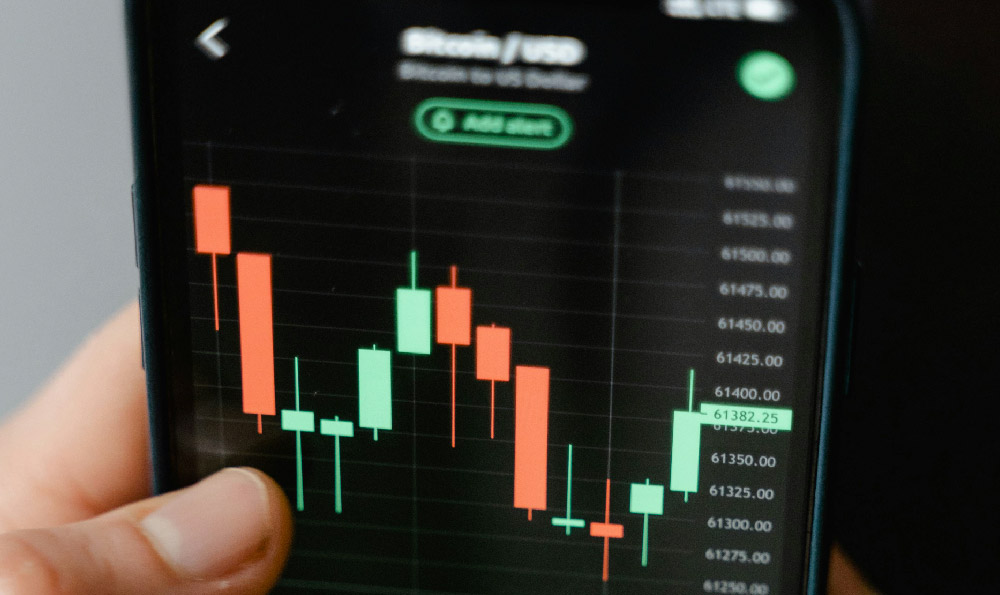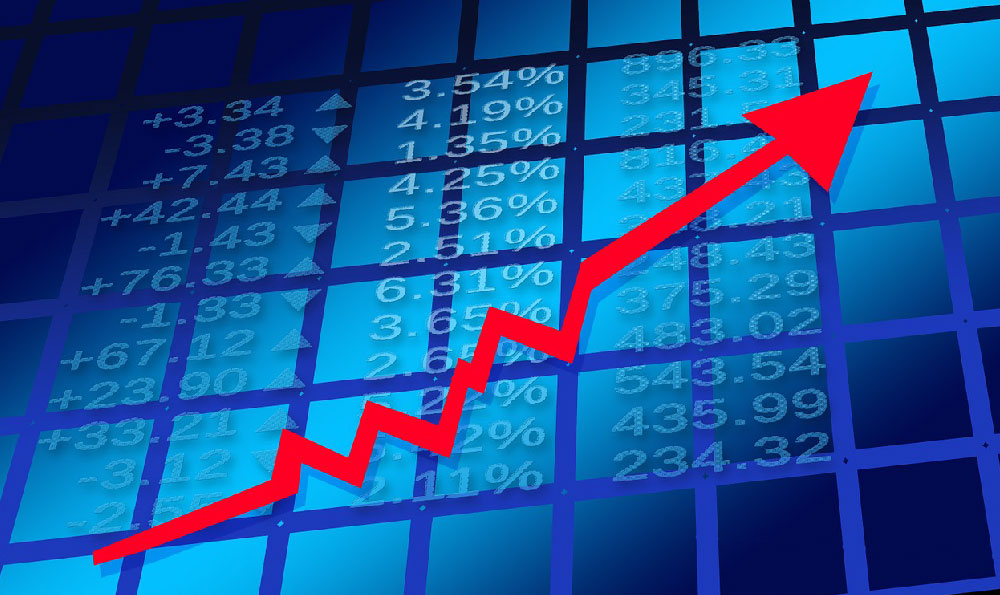Elon Musk's financial landscape is a subject of immense public interest, particularly given his dual role as the visionary founder of multiple high-profile ventures and his frequent public remarks on cryptocurrency. While the precise calculation of his earnings per second may seem unconventional, it offers a fascinating lens through which to examine his business acumen, wealth accumulation strategies, and the broader implications of his financial decisions on market dynamics. By breaking down his income streams and the mechanisms behind them, we can uncover both the complexities of his financial status and valuable lessons for investors navigating the volatile world of digital assets.
To contextualize Musk's earnings, it's essential to consider the primary sources of his income. As the CEO of Tesla, a company valued in the trillions, his compensation includes a mix of cash and equity-based incentives. However, his financial success is also deeply tied to his holdings in SpaceX, Neuralink, The Boring Company, and other ventures, many of which operate at a loss but are supported by his personal capital. Additionally, Musk's investments in cryptocurrency, notably Bitcoin, have become a significant component of his net worth, with reports indicating he owns over $20 billion worth of digital assets as of recent public disclosures. These combined factors create a multifaceted income profile that defies simplistic metrics.
Estimating his earnings per second involves a process of approximation rather than exact calculation. If we assume his annual income from Tesla alone exceeds $200 million, this figure would translate to roughly $547,945 per day. Dividing this amount by 86,400 seconds in a day yields approximately $6.34 per second. However, this calculation overlooks critical elements such as stock options, which vest over time and can significantly increase his revenue in the long term. Moreover, his cryptocurrency holdings generate passive income through price appreciation and potential future sales, though the timing of such events is inherently unpredictable. For instance, if his Bitcoin portfolio appreciates by 5% annually, the indirect value of that income over time could be substantial, though quantifying it per second requires further assumptions.

Musk's financial strategies are characterized by a long-term vision and calculated risk-taking. His approach to investing, particularly in cryptocurrency, reflects a belief in the transformative potential of blockchain technology. In 2021, he famously tweeted that Tesla would accept Bitcoin as payment, a move that initially boosted the cryptocurrency's price but also raised questions about the risks of holding volatile assets. This decision underscores his ability to balance speculative ventures with strategic foresight, a trait that resonates with many investors seeking to capitalize on emerging markets. However, his public statements often create market sentiment, demonstrating the power of his influence in shaping industry trends.
For investors, analyzing Musk's financial decisions offers valuable insights into risk management and opportunity identification. His venture capital approach—investing in high-potential projects even when they are not immediately profitable—mirrors strategies used by successful investors in the crypto space, such as allocating capital to promising technologies despite market uncertainties. Similarly, his ability to diversify income sources across industries highlights the importance of not overconcentrating investments in a single asset class. However, it's crucial to recognize that his high-risk tolerance may not align with individual investors' risk profiles, making it necessary to adapt strategies to personal goals and comfort levels.
Musk's net worth, which exceeded $200 billion in recent years, is a testament to his financial acumen, but it also serves as a reminder of the volatility inherent in the markets he influences. His decisions to allocate personal funds to companies like SpaceX and his cryptocurrency investments illustrate the principle of "high-risk, high-reward" that is central to investing. For instance, his early investment in Bitcoin, made when the cryptocurrency was still in its infancy, has led to considerable long-term gains, even though it involved substantial initial risk. This underscores the importance of timing and conviction in investment decisions, factors that require careful analysis rather than blind speculation.
The question of how much Musk earns per second also prompts a discussion on the intersection of traditional finance and cryptocurrency. His multimillion-dollar salary from Tesla is a fixed income stream, while his cryptocurrency holdings introduce an element of unpredictability. For investors, this duality highlights the value of diversification and the need to consider both traditional and emerging assets in a well-rounded portfolio. It also serves as a cautionary tale about the dangers of over-reliance on speculative assets, especially when they are subject to market fluctuations and regulatory uncertainties.
In addition to his direct income sources, Musk's financial influence extends to the broader economy through his ventures. For example, his investments in electric vehicles and renewable energy have impacted global markets, while his public engagement with cryptocurrency has driven adoption and awareness. These indirect effects demonstrate the importance of macroeconomic considerations in investing, as the fortunes of individual companies and assets are often intertwined with industry trends and technological advancements. Investors can draw parallels by assessing how their own investments align with emerging technologies and market shifts, ensuring their strategies are both timely and adaptable.
Ultimately, the analysis of Elon Musk's earnings per second provides more than just a numerical curiosity—it offers a framework for understanding the complexities of financial success in today's interconnected markets. His ability to navigate both traditional and digital asset classes, coupled with his strategic risk-taking, highlights the importance of long-term vision, diversification, and careful analysis. For investors, this means not only focusing on the immediate returns but also considering the broader implications of their financial decisions, including the role of technology, market sentiment, and personal risk tolerance. By studying his approach, investors can gain a deeper appreciation for the nuances of financial growth and the strategies that underpin it.
In conclusion, the question of Elon Musk's earnings per second is more than a simple arithmetic exercise. It reveals the intricate balance between income generation, risk management, and long-term strategy that defines his financial success. For investors, this can serve as an opportunity to reflect on their own approaches to managing and growing wealth, particularly in the dynamic and ever-evolving landscape of cryptocurrency and venture capital. By learning from his financial decisions, investors can develop more informed and resilient strategies, ensuring they are better equipped to navigate the complexities of modern investing.












